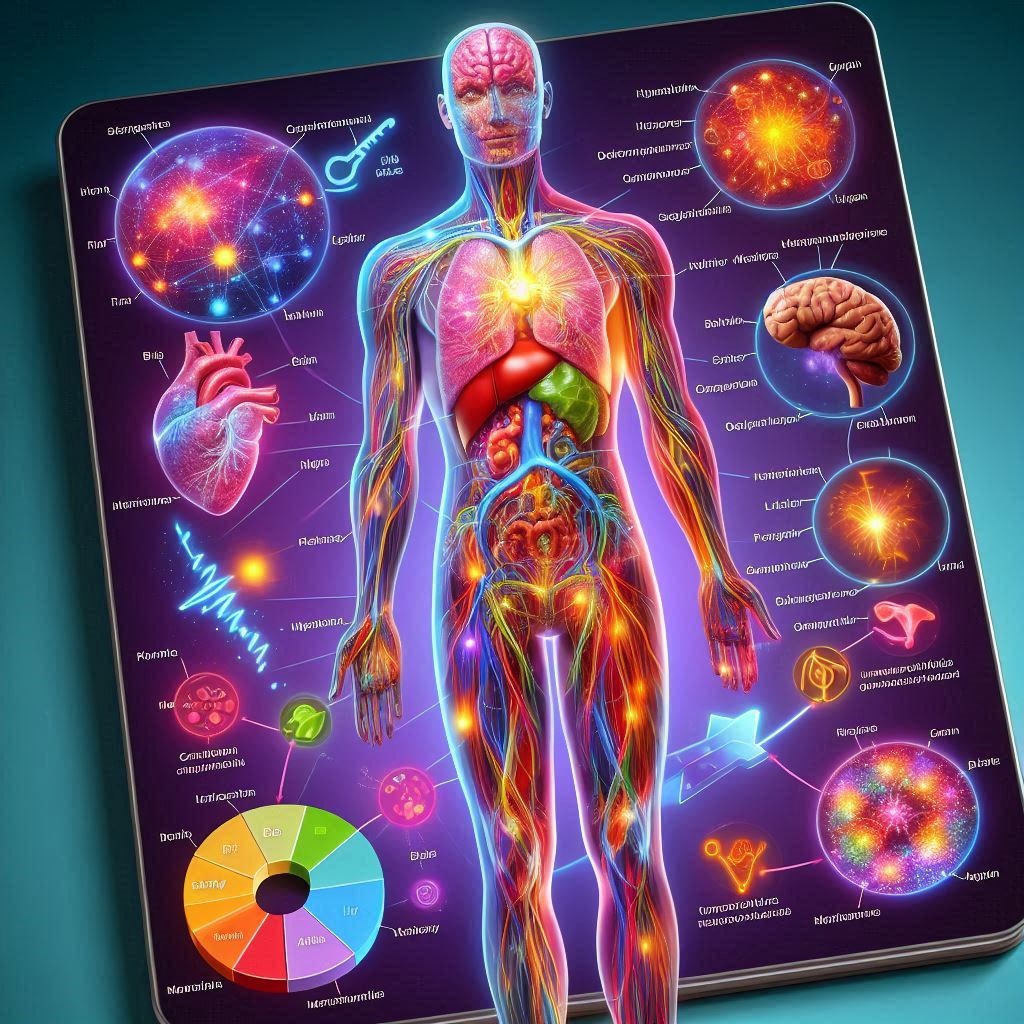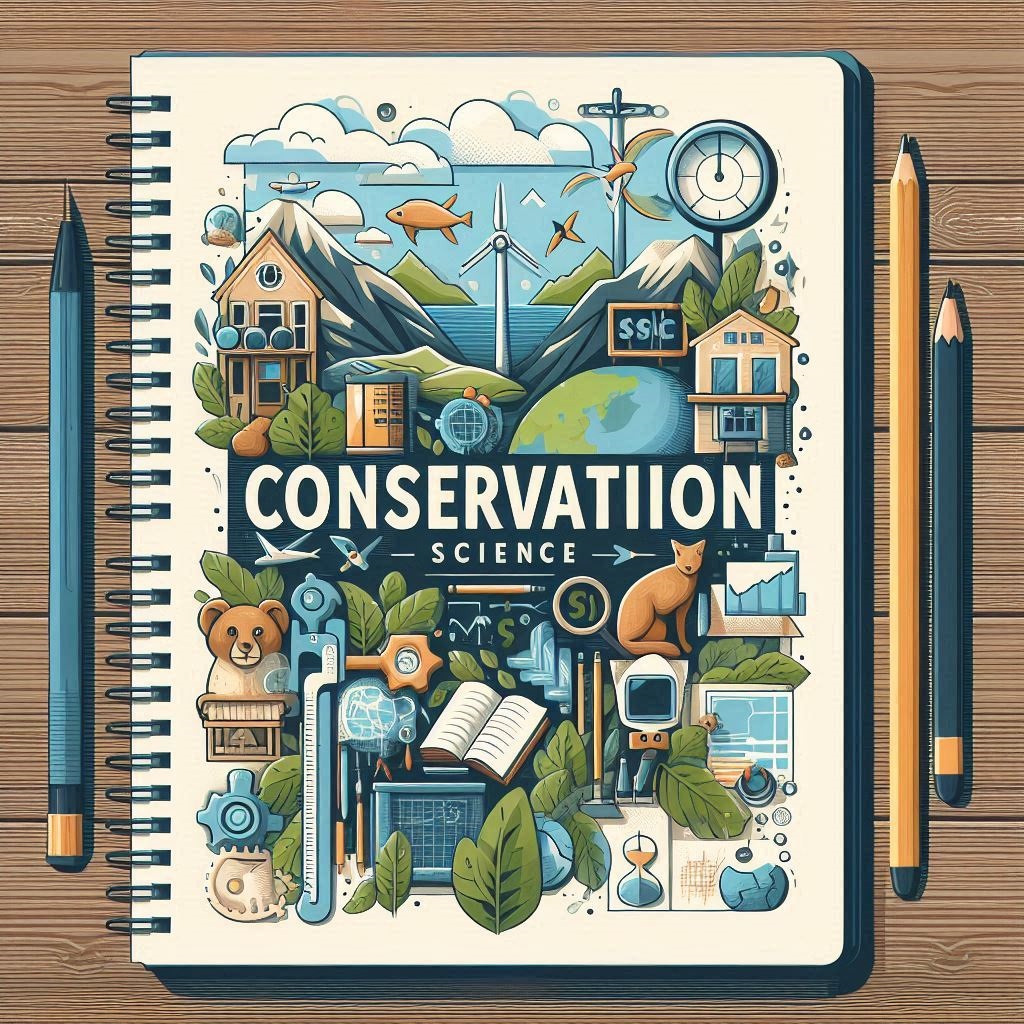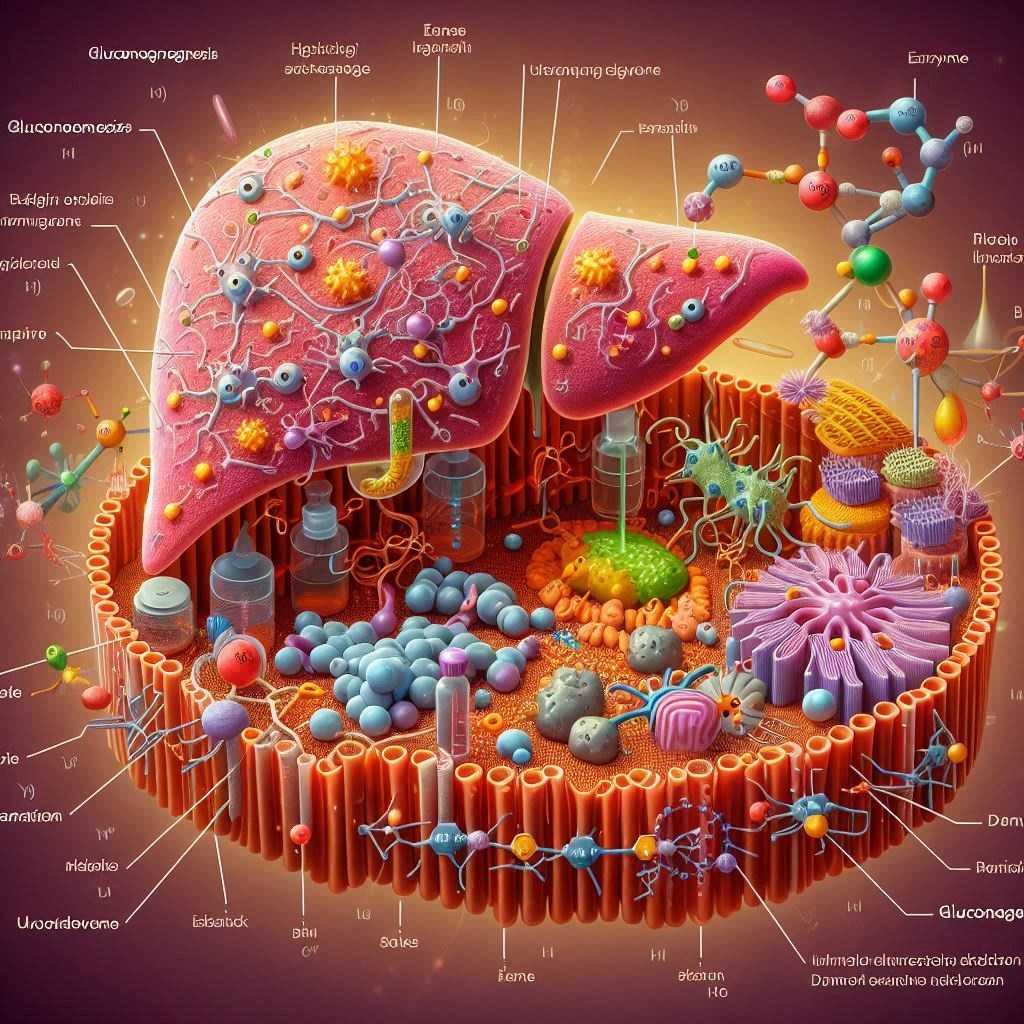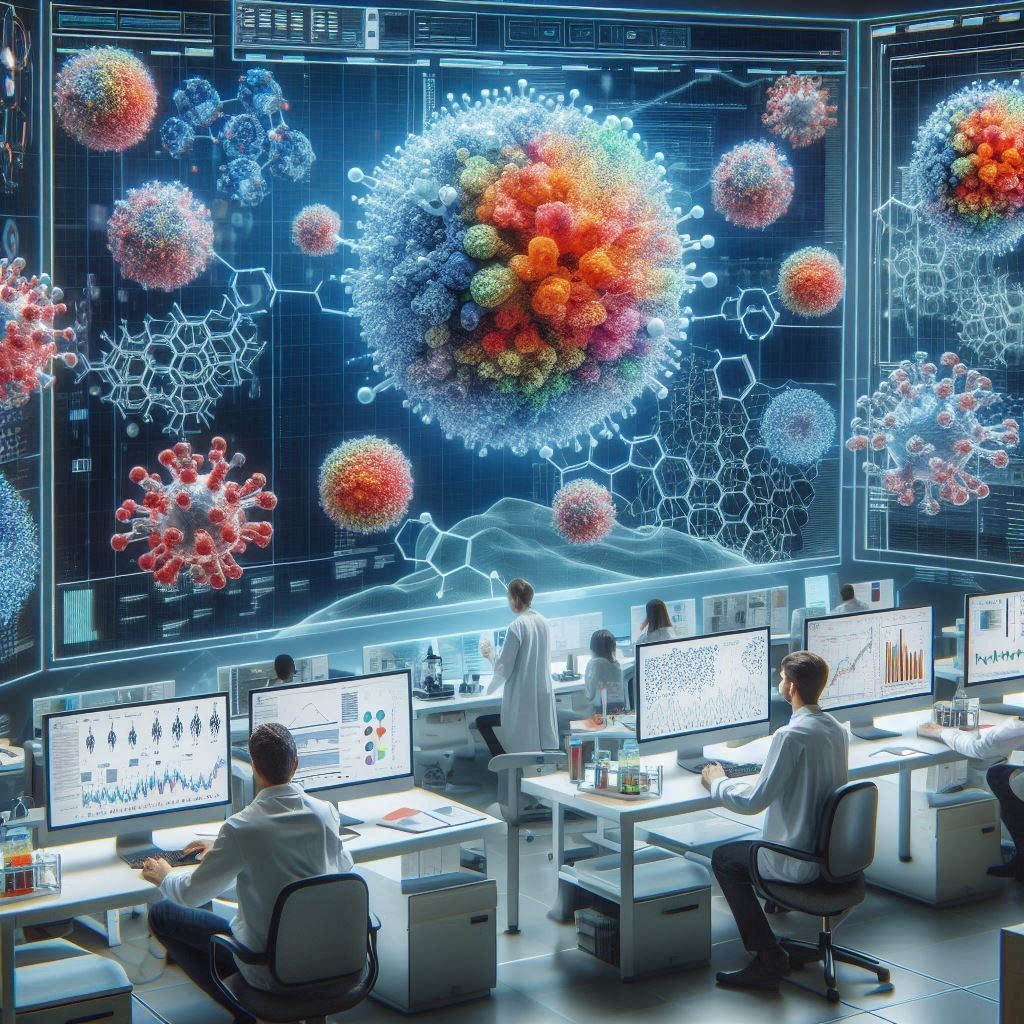Metabolism and Hormones
Introduction to Metabolism and Hormones Metabolism refers to the chemical processes that occur within a living organism to maintain life. These processes include the conversion of food to energy, the elimination of waste products, and the synthesis of necessary compounds. Hormones are crucial in regulating metabolism and ensuring the body functions properly. For a detailed … Read more










